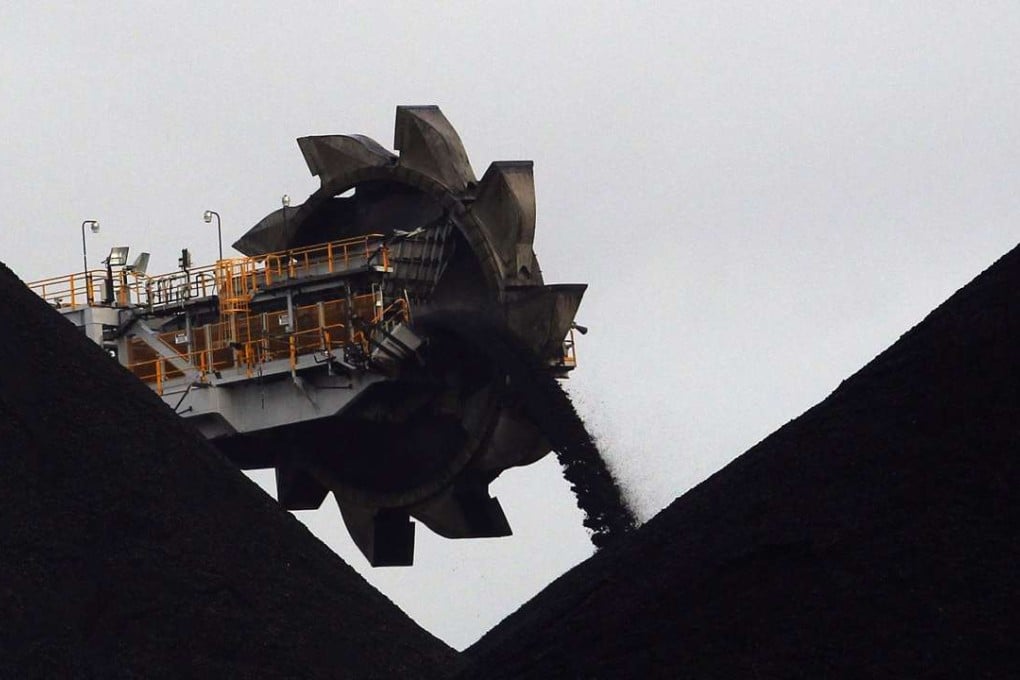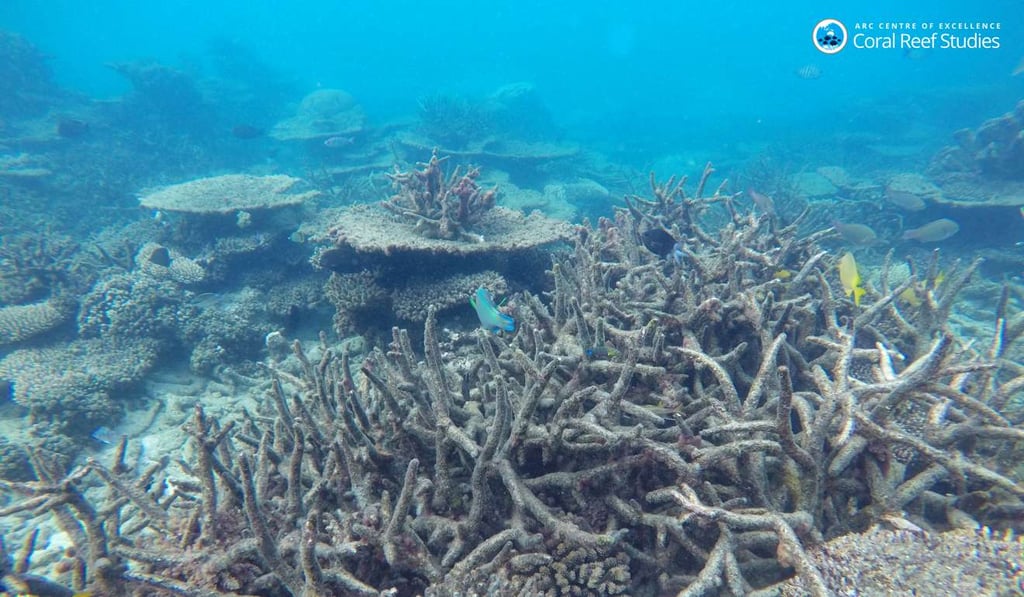Report, banks dig deeper hole for Australia’s Indian coal mine plan
Opposition is converging against the Adani Group’s proposed HK$126 billion Queensland facility, from environmentalists to industry analysts and lenders

Westpac, the country’s second-largest bank, queered the pitch further when on Friday it announced it would not fund new coal mining regions. With that, Westpac joins three other main banks – ANZ, Commonwealth Bank and National Australia Bank – in distancing themselves from the project.
Both the announcement of an A$1 billion loan from the government and the promise of a supply of 9.5 billion litres of water have proven unpopular, even beyond environmental circles, despite the promise of jobs – 10,000 claimed by the Adanis but 1,500 by other estimates – and the addition to state revenues. Green groups have also expressed concern about the mine’s impact on the delicate Great Barrier Reef.

When completed, the Carmichael mine will be one of the biggest in the world, adding 60 million tonnes per annum to the global supply of thermal coal, making it the biggest mine in Australia and one of the biggest in the world. According to figures from consultancy Wood MacKenzie, Australia exported 203 million tonnes of thermal coal in 2016, meaning Carmichael could add nearly a third to the current supply.